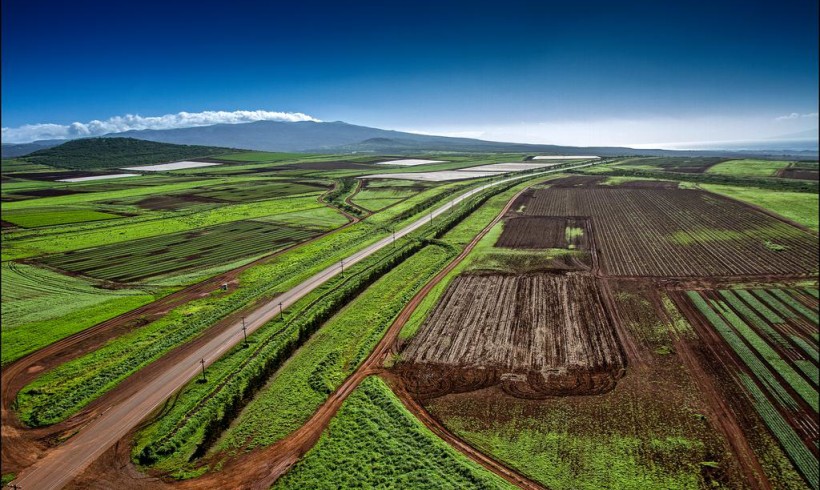The 9th U.S. Circuit Court of Appeals may hold hearings in June on three cases related to genetically modified farming in Kauai, Maui and Hawaii counties.
The appeals court hasn’t officially scheduled the hearings yet, but it notified parties recently that they may be held June 13-17 in Honolulu.
The oral arguments before a panel of three judges would be a critical step in a multi-year effort by neighbor island residents to regulate genetically modified farming.

Global seed companies, including Monsanto and Syngenta, farm thousands of acres in Hawaii, and seed corn is the state’s biggest export crop.
Residents and environmental organizations concerned about the potential health impacts of genetically engineered farming successfully pushed for separate ordinances in Kauai, Maui and Hawaii counties to regulate or ban the practice.
Federal judges in Honolulu struck down the ordinances, concluding that state and federal laws preempt the counties from regulating farming.
Autumn Ness, a community activist on Maui, said Friday she’s excited and apprehensive about the impending court action.
“It’s a really telling situation of the state of our democracy when three different counties in various ways used the democratic tools available to them to make a law and because of a couple corporations with deep pockets and legal skills, three people now hold our fate in their hands,” she said. “But I just hope for the best. I hope they come here with a fair head and recognize that the people need change.”
The appeals court will be addressing specific legal questions regarding how much power Hawaii counties have to regulate agriculture, and whether state and federal laws interfere with that ability.
“This decision in no way diminishes the health and environmental concerns of the people of Kauai,” Judge Barry M. Kurren wrote in his August 2014 decision striking down a Kauai County ordinance. “The Court’s ruling simply recognizes that the State of Hawaii has established a comprehensive framework for addressing the application of restricted use pesticides and the planting of GMO crops, which presently precludes local regulation by the County.”
Kurren came to a similar conclusion regarding Hawaii County’s partial ban on GMO farming in November 2014, and Judge Susan Mollway struck down Maui County’s voter-approved moratorium on GMO farming on similar grounds in June 2015.
The regulations in Kauai, Maui and the Big Island are all related to genetically modified farming but their details and potential consequences vary.
The Kauai County Council approved Bill 2491 in 2013, which sought to impose buffer zones around large farms and require companies to disclose more details about their pesticide use.
Soon after that measure became law, the Hawaii County Council approved a ban on introducing new genetically modified crops to the island.
The law sought to prevent seed companies from operating on the Big Island while continuing to allow the cultivation of genetically modified papaya.
But papaya farmers were frustrated by a requirement that they register with the county, and argued that they were unfairly stigmatized.
Maui County voters approved the most wide-ranging GMO-related legislation in November 2014. They voted for a temporary ban on cultivating genetically modified crops despite Monsanto spending millions of dollars to oppose the initiative.
The moratorium would have lasted until the county conducted health and environmental studies of the impact of genetically modified farming. The seed companies that operate on Maui and Molokai said the temporary ban would have shut down their operations for two years and caused hundreds of employees to lose their jobs.
In addition to weighing the three ordinances, the appeals court will also consider a lawsuit by the Center for Food Safety and Earthjustice, which unsuccessfully sought to intervene to defend Maui County’s GMO farming moratorium.
The nonprofits contend that the federal court’s basis for denying their motion to intervene was flawed.

Leave a Reply